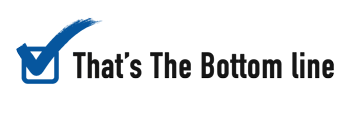One thing you can be sure of, I will repeat the following premise throughout this website, not because I am getting old and forgetful, but because it is the foundation for much of the work we do in the Loss Prevention profession.
Freedom in a Framework
Any great organization will tell you that the balance between non-negotiable standards (those dreaded “rules”) and entrepreneurial leadership is based on the principles of law, ethics, regulatory compliance and corporate culture. This I refer to as the framework, and it is rigid.
However, great organizations will also tell you that in order to be best in class, innovative, and ahead of their competition, they encourage a maverick, out of the box thinking attitude about the business. This is the operational freedom that resides within the framework, and it is fluid.
The balance is delicate, but when an organization has a clear understanding of the principles involved, they can answer almost any question or challenge that may come up.
A Recent Example
Here is a recent example of the aspect of a framework, and the non-negotiable and rigid guiding principles.
During a webinar for a client that I recently conducted on Privacy and Regulatory Compliance, a member of the virtual audience asked if they can search bags of suspected shoplifters.
What do you think?
The answer lies in some complex legal language but the bottom line is…it depends.
Here is why access controlled club membership retailers can do it…they do it for everyone and doing it is of no surprise to anyone.
Now here are all of the things you would want to consider;
1 – The Criminal Code
The Criminal Code specifies when a person commits the offense of theft. If that is the case, then a random check would be unnecessary, for you would have already known if they stole something or not, AND the Criminal Code specifies when you can make an arrest. If that is also the case, then you would know that a random check would not be warranted, because of you had the legal right to stop them, it would be in the form of an arrest.
2 – The Charter of Rights and Freedoms
The Charter protects a person’s rights in Canada. Those rights include the right to be free from unreasonable search and seizure and arbitrary detention or imprisonment. These are outlined in sections 8 and 9. Section 10 goes on to state that every person has a right to retain and instruct counsel without delay upon arrest or detention.
3 – Civil Remedy
If a person feels that they have been discriminated against, or that their rights have been breached, or that their character has been defamed in any way, they can sue you…and they can sue you big time depending on the circumstances.
So what’s the bottom line you ask?
If in doubt – don’t go out!
Contact us today to find out more about how to create your own Freedom in a Framework strategy.



